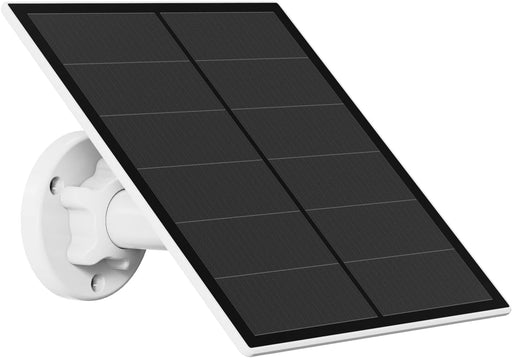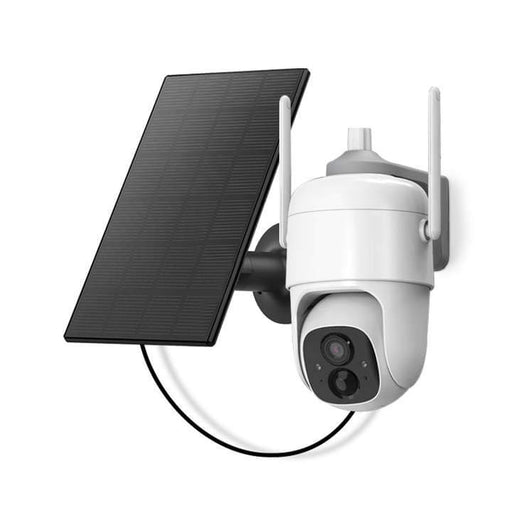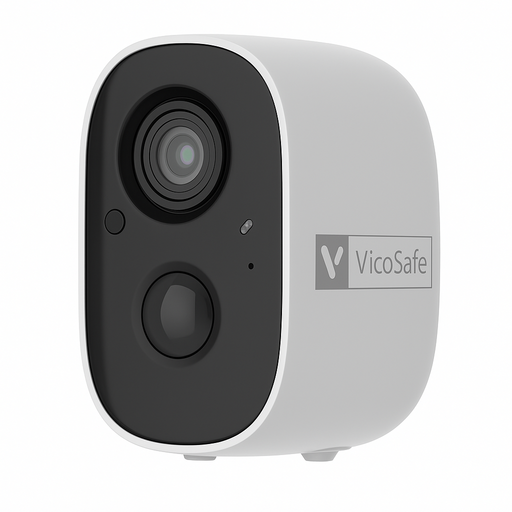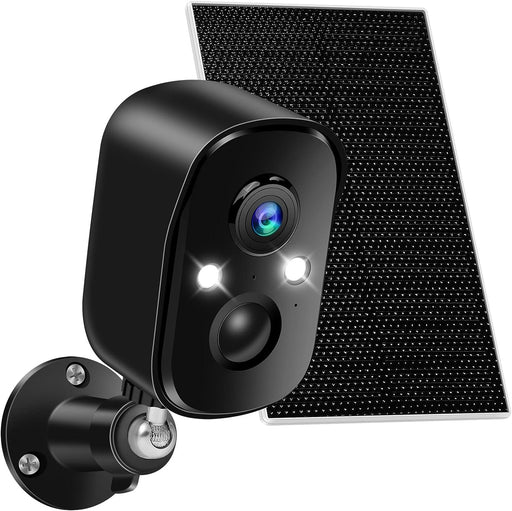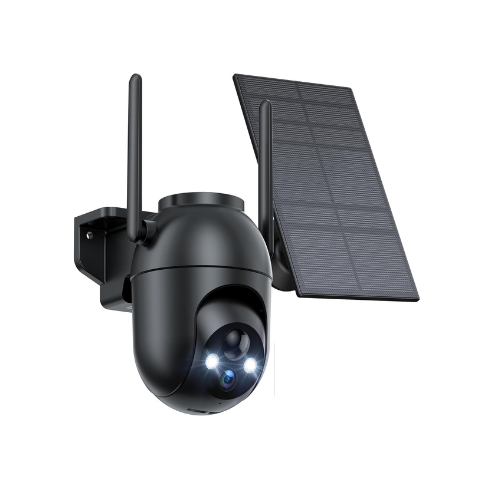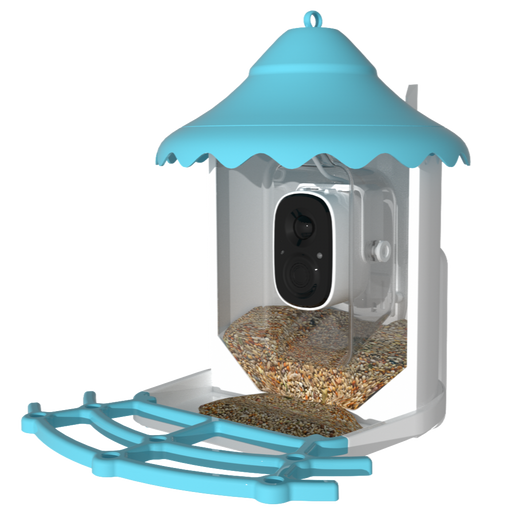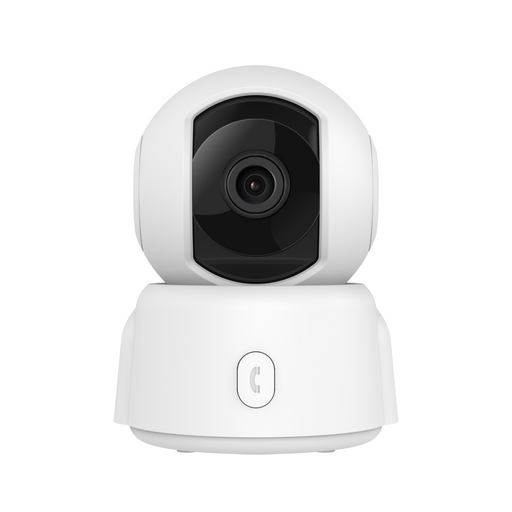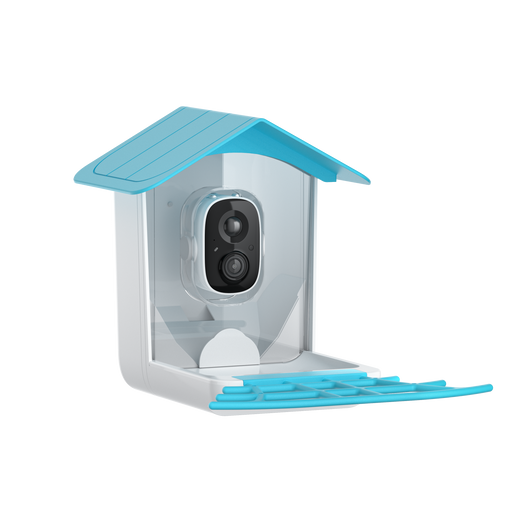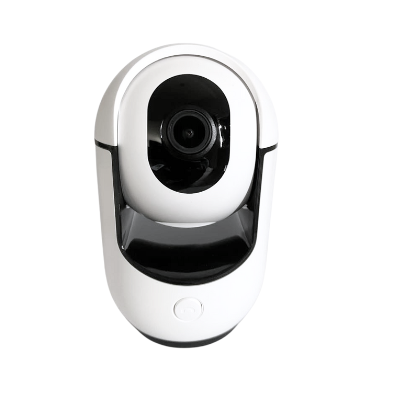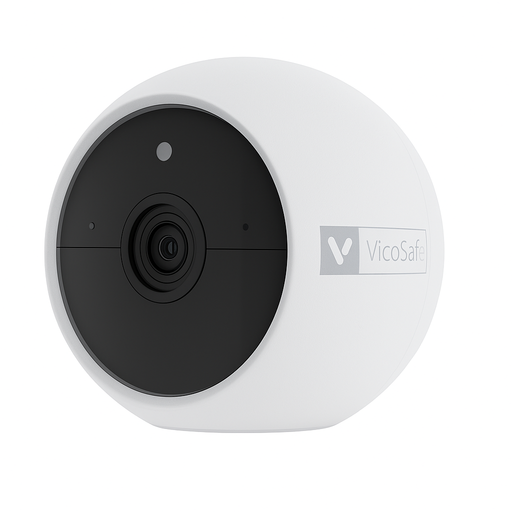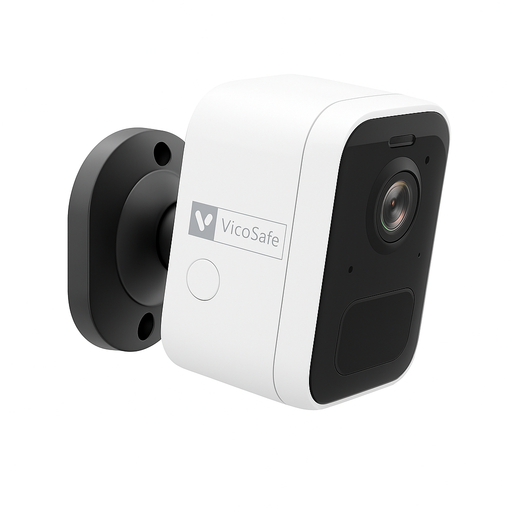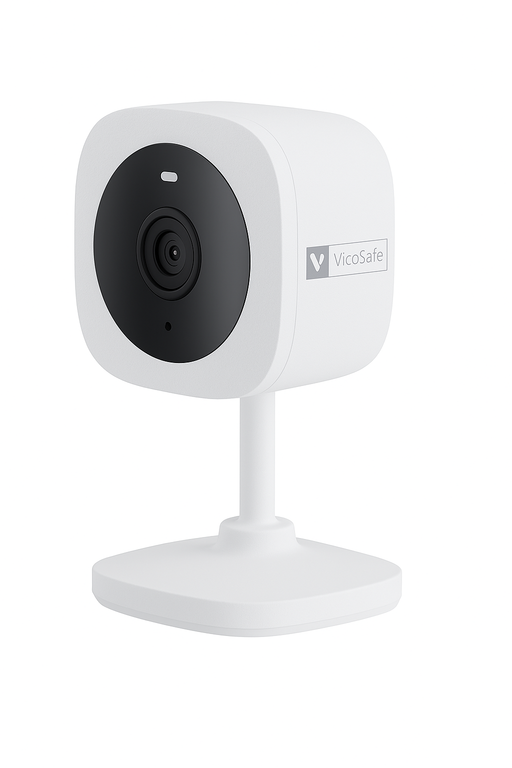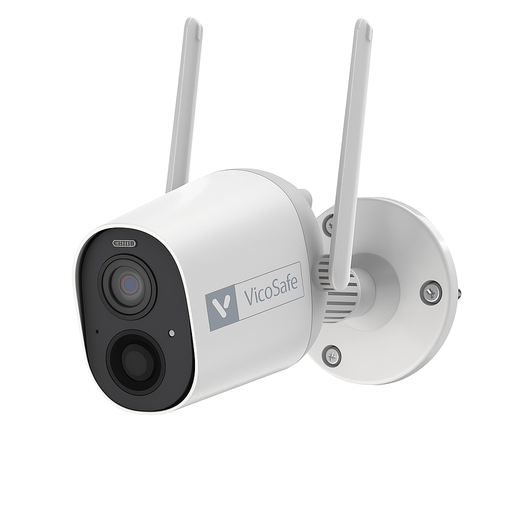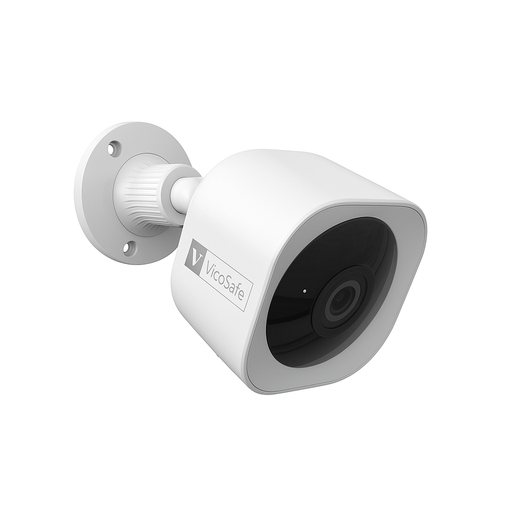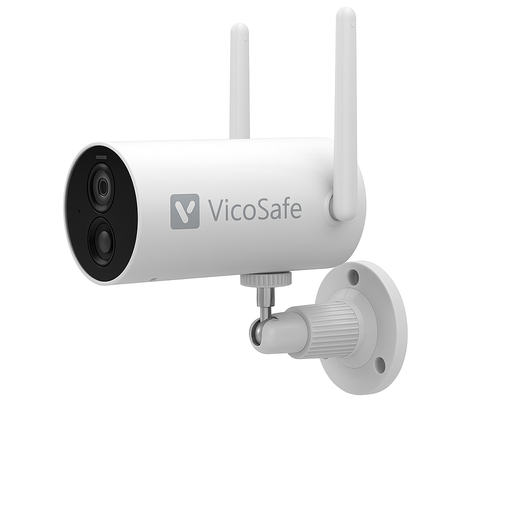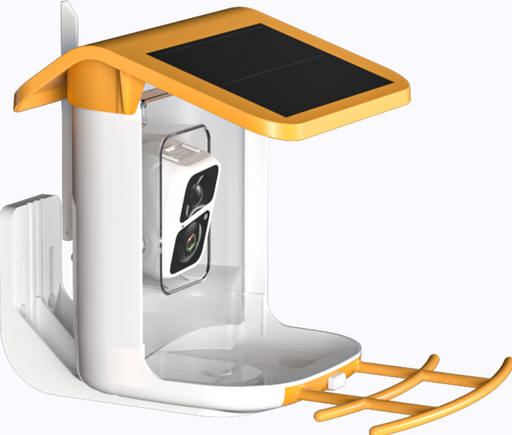
How to Choose the Right Security Camera for Your Needs
With the myriad of security cameras available in the market today, choosing the right one for your home or business can be overwhelming. Each camera comes with its own set of features, and understanding which ones are most important for your specific needs is crucial. In this article, we’ll guide you through the key factors to consider when selecting a security camera, helping you make an informed decision that ensures the safety and security of your property.
1. Determine Your Security Needs
The first step in choosing the right security camera is to identify your specific security needs. Are you looking to monitor your home’s exterior, keep an eye on indoor activities, or enhance security at your business? Understanding the purpose of the camera will help narrow down your options.
-
Home Security: For general home security, consider cameras that offer a wide field of view, night vision, and motion detection. If you want to monitor specific areas like your front door or backyard, a doorbell camera or an outdoor camera might be ideal.
-
Business Security: For business security, you may need a combination of indoor and outdoor cameras with features like high-resolution video, remote monitoring, and storage options to keep detailed records.
2. Consider the Camera Type
Security cameras come in various types, each designed for different purposes. Here are the most common types:
-
Dome Cameras: These cameras are typically mounted on ceilings and offer a wide-angle view. They are discreet and often used indoors for monitoring large areas like living rooms or offices.
-
Bullet Cameras: These are long, cylindrical cameras that are often used outdoors. They are designed to focus on a specific area, like a driveway or entrance, and are typically weatherproof.
-
PTZ Cameras (Pan-Tilt-Zoom): These cameras can rotate, tilt, and zoom in, allowing you to cover a large area with a single device. PTZ cameras are ideal for large spaces like parking lots or warehouses.
-
Wireless Cameras: These cameras connect to your home Wi-Fi network and can be placed anywhere without the need for extensive wiring. They are perfect for easy installation and flexibility.
3. Evaluate Video Quality
The quality of the video footage is a crucial factor when choosing a security camera. High-definition (HD) cameras, typically offering 1080p resolution, are standard and provide clear, detailed images. If you need even sharper footage, especially for identifying faces or license plates, consider cameras with 4K resolution.
Additionally, consider the camera’s frame rate, which affects how smooth the video appears. A higher frame rate (e.g., 30 frames per second) ensures smoother motion, which can be important for capturing fast-moving subjects.
4. Check Night Vision Capabilities
Night vision is essential for capturing clear footage in low-light or no-light conditions. Most security cameras use infrared (IR) technology to provide black-and-white night vision. However, some advanced cameras offer color night vision, which can provide more detail in the footage.
When evaluating night vision capabilities, consider the camera’s range, which indicates how far the camera can see in the dark. A longer range is beneficial for monitoring large outdoor areas.
5. Assess Motion Detection Features
Motion detection is a key feature that helps reduce unnecessary recording and alerts you to potential security threats. When the camera detects movement, it can start recording and send you notifications via a smartphone app.
Some cameras offer advanced motion detection that can differentiate between people, animals, and objects, reducing the number of false alarms. This feature is particularly useful if your camera is in a busy area where movement is frequent.
6. Consider Storage Options
Storing your video footage is another important aspect to consider. Security cameras typically offer two types of storage: local and cloud.
-
Local Storage: Involves storing footage on a microSD card or an external hard drive. It’s a cost-effective option, but if the camera is stolen or damaged, you could lose the footage.
-
Cloud Storage: Involves storing footage on a remote server, which you can access from anywhere. While cloud storage usually comes with a subscription fee, it provides added security and convenience.
Some cameras offer both options, allowing you to choose based on your preferences.
7. Look for Smart Home Integration
If you have a smart home system, choosing a security camera that integrates seamlessly with it can enhance your home automation experience. Many security cameras are compatible with platforms like Amazon Alexa, Google Assistant, and Apple HomeKit.
With smart home integration, you can control your security camera with voice commands, receive alerts on your smart devices, and even view footage on your smart displays. This feature adds convenience and allows for more cohesive management of your home’s security.
8. Think About Installation and Power Options
Consider how easy it is to install the camera and what power options it requires. Wireless cameras are generally easier to install since they don’t require complicated wiring. However, they need a reliable Wi-Fi connection and regular battery changes or recharging.
Wired cameras are more challenging to install but offer a constant power source, which can be more reliable in the long run. Some cameras are also compatible with solar panels, providing an eco-friendly power option.
Conclusion
Choosing the right security camera involves evaluating your specific needs, the camera’s features, and how it fits into your overall security strategy. By considering factors like camera type, video quality, night vision, motion detection, storage, and smart home integration, you can find the perfect security camera for your home or business.
Ready to enhance your security? Explore our wide selection of security cameras at VicoSafe.com and find the perfect match for your needs. With the right camera, you can protect your property and enjoy peace of mind knowing that your home or business is secure.
-
Original price $24.99Original price$24.99$24.99 - $24.99Current price $24.99
Solar Panel SP for Wifi Camera Outdoor Charger Type-C
Solar Panel SP for Wifi Camera Outdoor Compatibility Our solar panel is designed specifically for DC 5V rechargeable battery cameras with micro USB...
View full detailsOriginal price $24.99Original price$24.99$24.99 - $24.99Current price $24.99 -
Original price $79.99Original price$79.99$79.99 - $79.99Current price $79.99
Wireless Camera CQ1 - Solar panel
Outdoor Camera CQ1 Wire-Free Solar Camera – Black Sleek black design meets advanced security. Solar-powered wireless monitoring w...
View full detailsOriginal price $79.99Original price$79.99$79.99 - $79.99Current price $79.99 -
Original price $69.99Original price $69.99Original price $69.99Current price $59.99$59.99 - $59.99Current price $59.99
Wireless Camera CG6
Versatile Outdoor Camera Wireless Camera CG6 This versatile Outdoor Security Camera goes almost anywhere and lets y...
View full detailsOriginal price $69.99Original price $69.99Original price $69.99Current price $59.99$59.99 - $59.99Current price $59.99> Sale < -
Original price $79.99Original price $79.99Original price $79.99Current price $69.99$69.99 - $69.99Current price $69.99
Wireless Camera CG6X/CG8 Solar Panel | White
Solar Powered Security Wireless Camera CG8 with Solar Panel An exceptional wireless camera with an included solar p...
View full detailsOriginal price $79.99Original price $79.99Original price $79.99Current price $69.99$69.99 - $69.99Current price $69.99> Sale < -
Original price $39.99Original price $39.99Original price $39.99Current price $29.99$29.99 - $29.99Current price $29.99
Camera CA48: Home 360 rotating 2K WiFi | VicoHome
CA48 Smart WiFi Camera Advanced home monitoring with 2K HD resolution, 355° panoramic rotation, infrared night vision, and ...
View full detailsOriginal price $39.99Original price $39.99Original price $39.99Current price $29.99$29.99 - $29.99Current price $29.99Temporarily Out. -
Original price $69.99Original price$69.99$69.99 - $69.99Current price $69.99
Video Doorbell DB1: Secure Monitoring 2K, Wi-Fi, Night Vision | VicoHome
Essential Smart Doorbell Video Doorbell DB1 The essential smart doorbell with Full HD 1080p video, infrared night v...
View full detailsOriginal price $69.99Original price$69.99$69.99 - $69.99Current price $69.99 -
Original price $39.99Original price$39.99$39.99 - $39.99Current price $39.99
Camera LB: Light Bulb 360 WiFi | VicoHome
LB Light Bulb WiFi Camera Discreet indoor monitoring hidden in plain sight. 2K HD resolution, 355° rotation, motion trackin...
View full detailsOriginal price $39.99Original price$39.99$39.99 - $39.99Current price $39.99 -
Original price $79.99Original price $79.99Original price $79.99Current price $69.99$69.99 - $69.99Current price $69.99
Wireless Camera CG6X/CG8 Solar Panel | Black
Solar Powered Security Wireless Camera CG8 with Solar Panel An exceptional wireless camera with an included solar p...
View full detailsOriginal price $79.99Original price $79.99Original price $79.99Current price $69.99$69.99 - $69.99Current price $69.99> Sale < -
Original price $79.99Original price$79.99$79.99 - $79.99Current price $79.99
Wireless Camera CQ1 black - Solar panel
Outdoor Camera CQ1 Wire-Free Solar Camera – Black Sleek black design meets advanced security. Solar-powered wireless monitoring w...
View full detailsOriginal price $79.99Original price$79.99$79.99 - $79.99Current price $79.99 -
Original price $99.99Original price $99.99Original price $99.99Current price $79.99$79.99 - $79.99Current price $79.99
Video Doorbell DB2: Secure Monitoring 2K, Wi-Fi, Night Vision | VicoHome
Advanced Smart Doorbell Video Doorbell DB2 Never miss a visitor, package, or unexpected guest again. Know who's at your door anytime – day or ni...
View full detailsOriginal price $99.99Original price $99.99Original price $99.99Current price $79.99$79.99 - $79.99Current price $79.99> Sale < -
Original price $119.99Original price$119.99$119.99 - $119.99Current price $119.99
Smart Bird Feeder N002 Camera | solar panel
Smart Bird Feeder Camera N002 Bird Feeder Camera An exceptional wireless camera with an included solar panel for en...
View full detailsOriginal price $119.99Original price$119.99$119.99 - $119.99Current price $119.99 -
Original price $39.99Original price $39.99Original price $39.99Current price $29.99$29.99 - $29.99Current price $29.99
Camera X11: Home 360 rotating 2K WiFi | VicoHome
X11 Smart WiFi Camera Your ultimate home security solution with 2K HD video, 360° coverage, AI motion tracking, and seamless app ...
View full detailsOriginal price $39.99Original price $39.99Original price $39.99Current price $29.99$29.99 - $29.99Current price $29.99Temporarily Out. -
Original price $69.99Original price$69.99$69.99 - $69.99Current price $69.99
Wireless Camera CQ1/X85
Revolutionary WiFi Camera Wireless Camera CQ1 Revolutionary product from our wireless WiFi camera lineup - Wire-fre...
View full detailsOriginal price $69.99Original price$69.99$69.99 - $69.99Current price $69.99 -
Original price $69.99Original price $69.99Original price $69.99Current price $59.99$59.99 - $59.99Current price $59.99
Wireless Camera CG6 | Black
Versatile Outdoor Camera Wireless Camera CG6 This versatile Outdoor Security Camera goes almost anywhere and lets y...
View full detailsOriginal price $69.99Original price $69.99Original price $69.99Current price $59.99$59.99 - $59.99Current price $59.99> Sale < -
Original price $154.99Original price $154.99Original price $154.99Current price $129.99$129.99 - $129.99Current price $129.99
Smart Bird Feeder Camera G02 | solar panel
Solar Powered Bird Feeder Smart Bird Feeder Camera G02 Transform your garden into a bird sanctuary. This smart came...
View full detailsOriginal price $154.99Original price $154.99Original price $154.99Current price $129.99$129.99 - $129.99Current price $129.99> Sale < -
Original price $29.99Original price$29.99$29.99 - $29.99Current price $29.99
Wired Camera PZL/CA42 | White
Home Use Camera with Rotating Field of View PZL Product Features: Sensor: 1/3" CMOS Field of View: 92° diagonal, 78° horizontal, 38° vertical Max...
View full detailsOriginal price $29.99Original price$29.99$29.99 - $29.99Current price $29.99 -
Original price $69.99Original price $69.99Original price $69.99Current price $59.99$59.99 - $59.99Current price $59.99
Wireless Camera CG9
Wireless WiFi Camera Model CG9 Product Features: Sensor: 1/2.8" CMOS Viewing Angle: 127° diagonally, 108° horizontally, 58° vertically Maxi...
View full detailsOriginal price $69.99Original price $69.99Original price $69.99Current price $59.99$59.99 - $59.99Current price $59.99> Sale < -
Original price $59.99Original price$59.99$59.99 - $59.99Current price $59.99
Wireless Camera BC1
Wireless Camera BC1 Introducing the BC1 model - an outstanding wireless camera that offers superior video quality and a long-lasting battery. Weath...
View full detailsOriginal price $59.99Original price$59.99$59.99 - $59.99Current price $59.99 -
Original price $29.99Original price$29.99$29.99 - $29.99Current price $29.99
Camera CB1: Home 360 rotating 2K WiFi wired | VicoHome
CB1 Smart WiFi Camera Modern home monitoring with sleek minimalist design, 2K HD resolution, 355° panoramic rotation, and se...
View full detailsOriginal price $29.99Original price$29.99$29.99 - $29.99Current price $29.99Temporarily Out. -
Original price $29.99Original price$29.99$29.99 - $29.99Current price $29.99
Wired camera Wifi CK1
CK1 Wired Camera: Security, 2K Monitoring, Easy Installation, Intelligent AI Features Introducing the Wired Camera CK1, an innovative camera design...
View full detailsOriginal price $29.99Original price$29.99$29.99 - $29.99Current price $29.99 -
Original price $79.99Original price $79.99Original price $79.99Current price $69.99$69.99 - $69.99Current price $69.99
Wireless Camera CG7
Wireless Camera CG7 Introducing the innovative wireless camera CG7 Model ST-G1, redefining the standards of home monitoring. With the latest 1/2.8-...
View full detailsOriginal price $79.99Original price $79.99Original price $79.99Current price $69.99$69.99 - $69.99Current price $69.99> Sale < -
Original price $24.99Original price$24.99$24.99 - $24.99Current price $24.99
Solar Panel SP for Wifi Camera Outdoor Charger Type USB-Micro
Solar Panel SP for Wifi Camera Outdoor Compatibility Our solar panel is designed specifically for DC 5V rechargeable battery cameras with micro USB...
View full detailsOriginal price $24.99Original price$24.99$24.99 - $24.99Current price $24.99 -
Original price $59.99Original price$59.99$59.99 - $59.99Current price $59.99
Wireless Camera X71
Wireless Camera X71 – The Smart Choice for Home Security Introducing the VicoHome X71 Smart WiFi Camera, the ultimate solution for modern home secu...
View full detailsOriginal price $59.99Original price$59.99$59.99 - $59.99Current price $59.99 -
Original price $64.99Original price$64.99$64.99 - $64.99Current price $64.99
Wireless Camera X81
Wireless Camera X81 Experience smarter home security with our advanced WiFi camera. Featuring AI-powered Cloud technology, it delivers intelligent ...
View full detailsOriginal price $64.99Original price$64.99$64.99 - $64.99Current price $64.99 -
Original price $119.99Original price$119.99$119.99 - $119.99Current price $119.99
Smart Bird Feeder Camera G03 | solar panel
AI-Enabled Wildlife Feeder Smart Bird Feeder Camera G03 Transform your garden into a bird sanctuary. This smart cam...
View full detailsOriginal price $119.99Original price$119.99$119.99 - $119.99Current price $119.99Temporarily Out.

